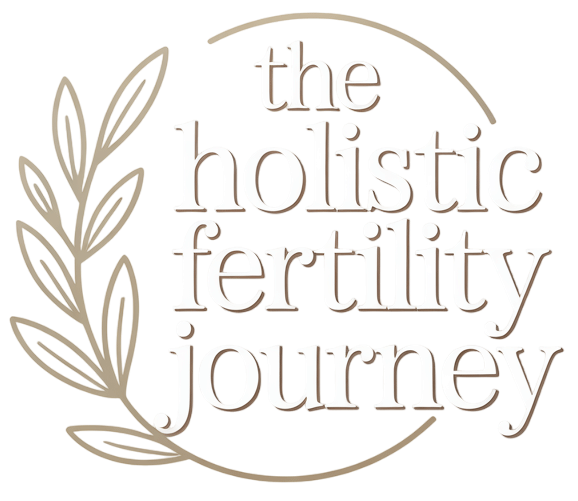The Fertility Diet as a Foundation for Whole-Body Wellbeing
At its heart, a fertility diet is a way to support your body, mind, and future dreams—without harsh restriction or pressure. The basics are wonderfully simple: Eat real food, fill your plate with color, hydrate well, and honor your unique needs. With each day, meal or snack, you’re building the foundation for new growth—inside and out. Stay compassionate with yourself; your body is already working so hard for you. And remember: nourishment goes beyond food—rest, joy, movement, and connection are equally important allies on your path.
For resources and more personalized suggestions, consult scientific sources such as the National Institutes of Health, Harvard School of Public Health, and the American Society for Reproductive Medicine as trustworthy starting points.
